The level of knowledge required to run a large-scale agriculture operation is high. A high knowledge level is even more necessary when it comes to growing hemp at scale. Although the history of this crop is very well known; only recently, research has been able to properly pick this plant up and started to shed some light on the many undiscovered aspects of it. There is still a long way to go, but the most important thing as of now is that the hemp industry is gaining momentum. While the research and the general understanding are slowly catching up, there are a lot of people out there who know how to properly grow the plant, either because they have been growing cannabis only for a long time, or because they have been able to leverage horticulture knowledge. An example of the latter is AgTech Scientific.
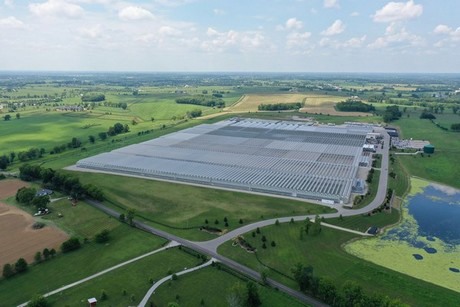
From ornamentals to hemp
The company previously grew ornamentals in their greenhouse, until they transitioned to hemp. “Even though we could rely on much knowledge when it comes to manufacturing agricultural product at scale, growing hemp came with its own set of challenges,” Mike French, CEO of the company, explains. “We decided to grow in a greenhouse because we could have more cycles over the year. If you grow outdoors, you have a very short and intense season, and there’s no time that can be wasted and no mistake that can be made. Thanks to the greenhouse, we can do 4 to 12 crops per year. At the same time, there are a number of things to take into consideration when it comes to hemp growing.”
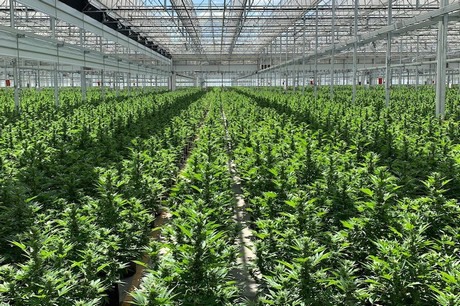
“The hemp space is heavily regulated, which is very different from ornamentals,” Mike points out. “Compliance is the biggest difference with ornamentals: with hemp, you have to stay within a specific range of THC percentage. Also, the other big difference between ornamentals and hemp is that the data you need to keep is completely different. Ornamentals are not meant to be consumed by the end customer.”
Growing in a greenhouse
This is why the greenhouse where the company grows hemp is very technologically advanced and provides complete control on the different aspects of cultivation. “Our greenhouse is state-of-the-art,” says Mike. “We have humidity control and irrigation booms that allow us to water our plant in a perfect way. Overall, we have better control on all the processes, and we can thus harvest 12 months per year.”
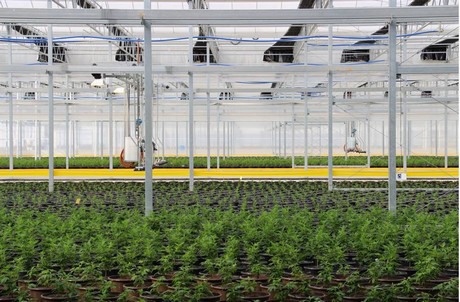
Because of the necessity to have a clean and consistent product every time, AgTech Scientific grow their hemp starting from clones. “When you grow outdoors, you usually start from seeds,” Mike remarks. “This is very risky because you don’t know how many of them are actually going to germinate, or just generally speaking how much stability you can expect from them. There might be some issues with some of the seeds, and eventually they turn out with a higher THC percentage than expected, or only too few of them actually germinate. On the other hand, if you use clones, you can have more certainty about the results you are going to get. These are a way more stable starting material, and they guarantee consistency with regards to the outcomes. This is exactly what we do in our greenhouse.”
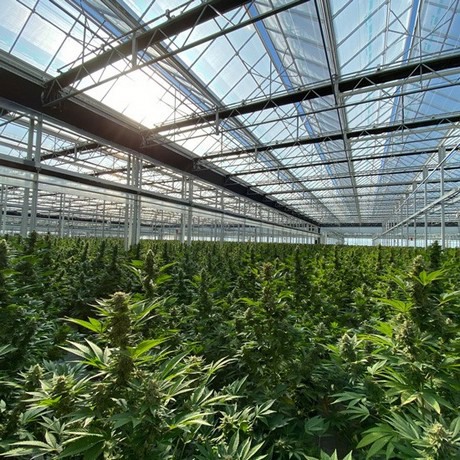
Advancing the research
At the same time, there are a lot of things to find out about the the hemp plant. “We as a company have partnered up with a number of universities to advance the research,” Mike says. “Also internally, we are investing a lot in R&D, as only by getting a better understanding of the cannabis plant as a whole, we can provide our customers with the best cannabis products.” Mike is specifically referring to the fact that the cannabis plant has many characteristics that still need to be grasped, which can be used in a variety of different products, in an equal number of different ways. “I think hemp will be treated as a commodity product,” Mike observes. “Labeling will be one of the most important things to figure out, so that it is possible to properly show which part and compound of the hemp plant is in a given product.”
For more information: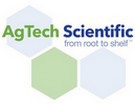
AgTech Scientific
1077 Cane Ridge Rd, Paris, KY, 40361, USA
agtechscientific.com
